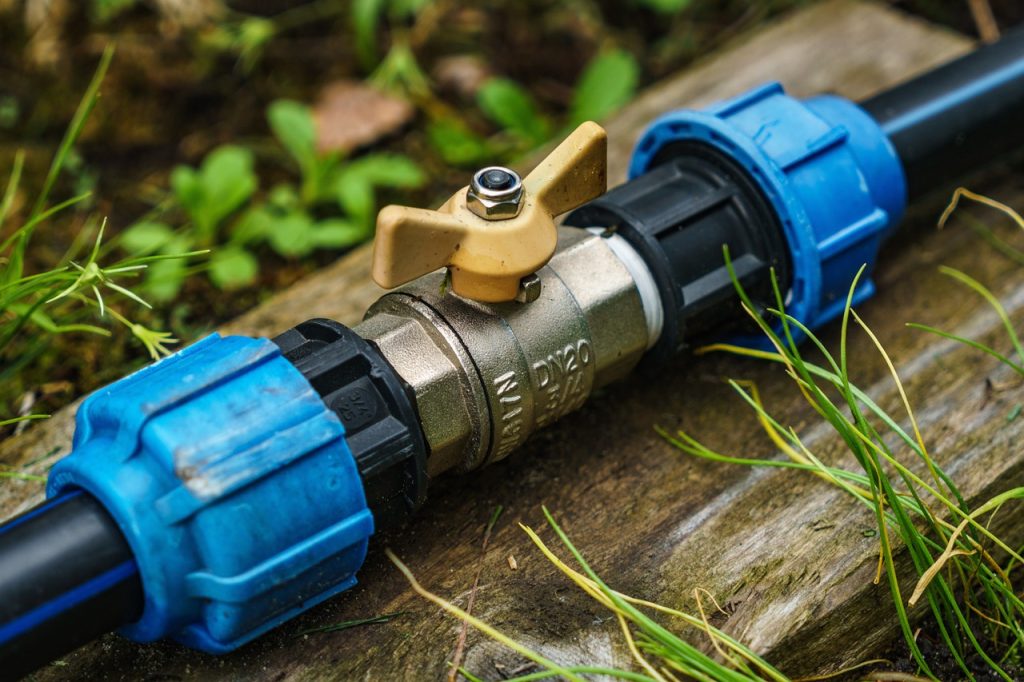Pipe insulation
Pipe insulation

Pipe Insulation Services
In the heart of Toronto, efficient plumbing solutions are essential for maintaining the comfort and safety of your home or business. One of the crucial services offered is pipe insulation, a proactive measure that not only enhances energy efficiency but also protects your plumbing infrastructure from various environmental factors.
Understanding Pipe Insulation
Pipe insulation involves the application of insulating materials around plumbing pipes to minimize heat loss, prevent condensation, and protect against temperature fluctuations. Insulation is vital in both hot and cold water systems, as it helps maintain the desired temperature of the water while preventing the pipes from freezing during the colder months.
Benefits of Pipe Insulation
-
Energy Efficiency: One of the primary advantages of pipe insulation is its ability to improve energy efficiency. Insulated pipes retain heat, which reduces the energy required to heat water in hot water systems. This not only lowers energy bills but also lessens the environmental impact by reducing energy consumption.
-
Frost Protection: In Toronto’s harsh winters, uninsulated pipes are at risk of freezing. When water freezes inside the pipes, it can lead to blockages and even burst pipes, resulting in costly repairs and water damage. Insulation provides an essential barrier against the cold, significantly lowering the risk of pipe freezing.
-
Condensation Prevention: In humid conditions, cold water pipes can develop condensation, leading to dripping and moisture buildup. This not only creates an uncomfortable environment but can also result in mold growth and water damage. Proper insulation helps prevent condensation by maintaining the surface temperature of the pipes.
-
Noise Reduction: Plumbing systems can be noisy, especially with water flowing through uninsulated pipes. Insulation acts as a sound barrier, reducing the noise produced when water travels through the plumbing system. This contributes to a quieter and more peaceful home or workspace.
-
Longevity of Plumbing: Insulating pipes can extend the lifespan of your plumbing system. By protecting pipes from extreme temperature changes and moisture damage, insulation helps maintain the integrity of the plumbing infrastructure, reducing the need for frequent repairs or replacements.
Types of Pipe Insulation
There are various materials available for pipe insulation, each with its own set of advantages:
-
Fiberglass Insulation: This is one of the most common types used for both hot and cold water pipes. It is efficient in temperature retention and is available in different thicknesses.
-
Foam Insulation: Foam pipe insulation is lightweight and easy to install. It is particularly effective for preventing heat loss in hot water pipes and is resistant to moisture.
-
Rubber Insulation: This type of insulation is durable and flexible, making it suitable for both hot and cold pipes. Rubber insulation is also resistant to heat and moisture, offering excellent protection against freezing.
-
Reflective Insulation: Used primarily for hot water pipes, reflective insulation has a shiny surface that reflects heat back into the pipes, maximizing energy efficiency.
The Installation Process
The installation of pipe insulation is a straightforward process that typically involves the following steps:
-
Assessment: A professional will first assess your plumbing system to identify the areas that require insulation. This evaluation includes checking the type of pipes, their location, and the environmental conditions they are exposed to.
-
Material Selection: Based on the assessment, the right insulation material will be chosen. Factors such as the type of pipes, temperature, and humidity levels play a significant role in this decision.
-
Preparation: The pipes will be cleaned to ensure the insulation adheres properly. This step may involve removing old insulation or debris that could hinder the installation process.
-
Installation: The selected insulation material will be applied around the pipes. This can be done using various methods, such as wrapping or sliding the insulation onto the pipes, depending on the material chosen.
-
Sealing: Once the insulation is in place, seams and joints are sealed with tape or adhesive to enhance the effectiveness of the insulation.
-
Final Inspection: After installation, a final inspection ensures that all pipes are adequately insulated and that the work meets safety and efficiency standards.
Why Choose Professional Services?
While DIY insulation projects may seem appealing, hiring professionals for pipe insulation ensures the job is done correctly and safely. Trained technicians have the experience and knowledge to select the right materials and installation techniques for your specific plumbing system. They can also identify potential issues that may require additional attention, providing a comprehensive solution to your plumbing needs.
Pipe insulation is an essential service that offers numerous benefits for homeowners and businesses in Toronto. By investing in this preventive measure, you can enhance energy efficiency, protect against freezing pipes, reduce noise, and prolong the life of your plumbing system. Whether you are looking to insulate existing pipes or are in the process of new construction, professional insulation services provide a valuable solution to maintain comfort and safety in your environment.
For more information on pipe insulation or to schedule a consultation, reach out today. Protect your plumbing system and enjoy the numerous benefits that come with proper insulation.
Others services
Pipe insulation refers to the material used to cover pipes, helping to reduce heat loss, prevent condensation, and protect pipes from freezing. In Toronto, where winter temperatures can drop significantly, proper insulation is crucial for maintaining energy efficiency, preventing pipe damage, and ensuring a consistent water temperature.
There are several types of pipe insulation materials available, including fiberglass, foam, rubber, and polyethylene. Each type has its advantages, such as thermal resistance, moisture control, and ease of installation. The choice of insulation often depends on the specific application, pipe material, and environmental conditions.
Signs that your pipes may need insulation include frequent temperature fluctuations in your water, condensation forming on the pipes, or visible frost on exposed pipes during colder months. If you notice any of these issues, it's advisable to consult a professional to assess your insulation needs.
While some homeowners may choose to insulate their pipes themselves, hiring a professional is recommended for the best results. A qualified plumber can ensure proper installation, select the right insulation material, and provide recommendations based on local climate conditions in Toronto. This can help prevent future issues such as leaks or frozen pipes.
